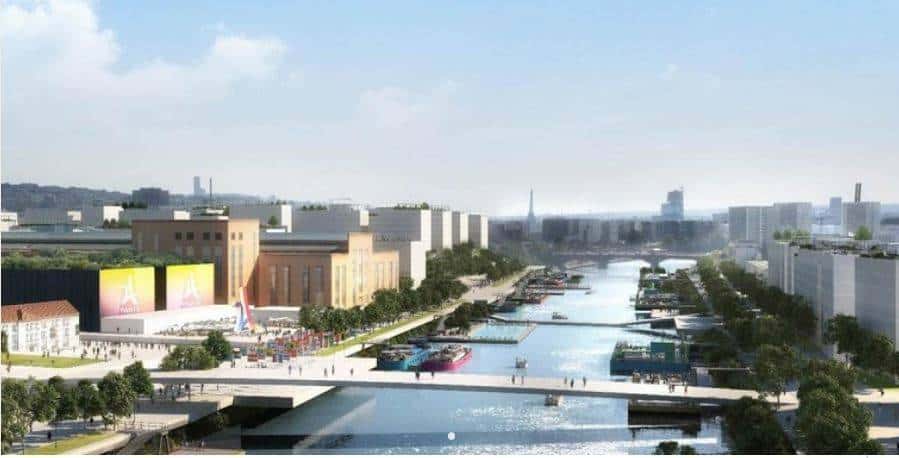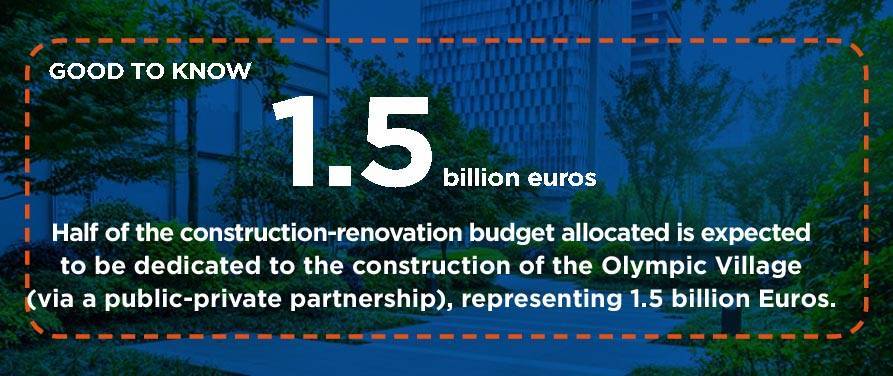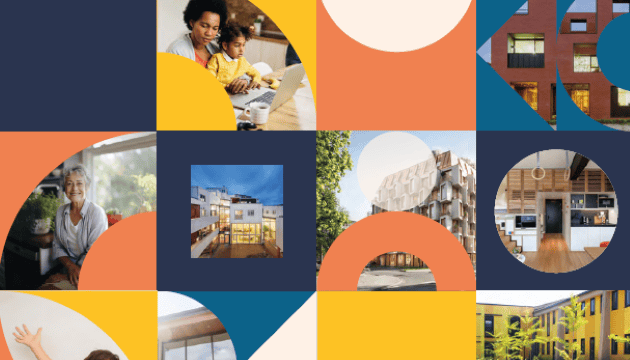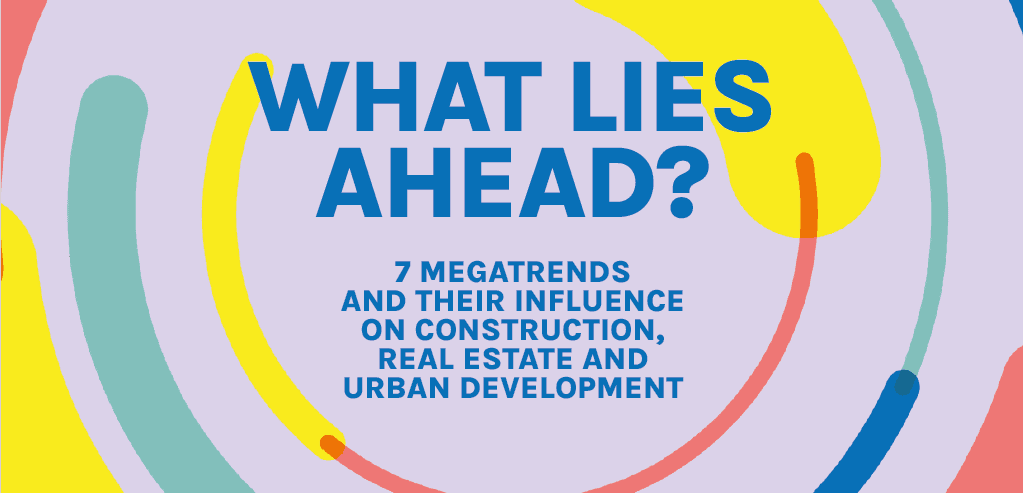
The Olympic Games: a powerful lever for regional development
2 minutes of reading
The Olympic and Paralympic Games represent a wonderful opportunity to rethink the regions through ambitious urban projects. This event associated with the Greater Paris area will enable the capital to perfect its status as a global city and accelerate the transformation of the Ile-de-France department. Spotlight on the impact of the Olympic Games on our cities and on the economic benefits derived from the magic of Olympism.

Olympic villages: the rebirth of Saint-Denis
By making the Paris Seine-Saint-Denis axis the cradle of the 2024 Olympic Games, the city of Paris wishes to boost its development. The Olympic Village will be set up there and be perfectly integrated into the territory. Saint-Denis, the city at the heart of the transformations, is being renovated; as part of this, the current Pleyel Bords de Seine neighbourhood will be modernised. A giant eco-neighbourhood will appear, designed to bring lasting change to the city and be used after the Games. A total of 100,000 m2 of office and business space will be created. No fewer than 2,200 new housing units will be built and used by the population at the heart of a region with a strong housing demand.
Bicycles, pedestrians, metros, cars, and more: the mobility challenge
Transport was a highly criticised aspect of the Rio Olympics and represents a key component of success for the 2024 Olympics. Numerous bike path and green area development works will take place, particularly around Olympic sites. The Paris City Hall’s “Plan Vélo” (bike plan) includes the construction of new bike paths connecting the Stade de France and the aquatic centre (Saint-Denis) to the Olympic Village (Paris), along with an additional 10,000 bike parking spaces. Aside from transport, the innovation and development of a Parisian smart city at the heart of the bid are expected to mitigate the inconveniences brought about by hosting the Games, ensure better crowd management and help reach the sustainable development goals set forth in the bid. Within this framework, the capital, with the help of start-up companies, is working on a comprehensive plan with targeted actions: crowd management via data analysis, the implementation of autonomous electric shuttles, the integration of smart water management systems and smart grids to reduce consumption, and more.95% of the necessary infrastructure for the Games already exists… Not quite 100%!
This was one of the main arguments of the Paris campaign: the French capital is already equipped with sports facilities which can host the Olympic events. The Stade de France built in 1997 by Bouygues Bâtiment Ile-de-France Ouvrages Publics, a subsidiary of Bouygues Construction based in Ile-de-France, will be at the heart of the Games and host the opening and closing ceremonies as well as all athletics events. The AccorHotels Arena renovated in 2015 by Bouygues Bâtiment Ile-de-France and Bouygues Energies & Services, another Bouygues Construction subsidiary, will host the basketball and judo events. The Parc des Princes and Saint Quentin Velodrome will host the football and road cycling events, respectively. One facility remains to be built from scratch: the aquatic centre, which should comprise two 50-metre swimming pools and two diving pools. In its Olympic Games configuration, it will have a capacity of 15,000 spectators. ——————————————————————————————————————————————————————————- Every day, working alongside athletes and major-event partners, Bouygues Construction aspires to represent the values of performance and excellence inherent to the world of sports. The Group has set sail with the Route du Rhum and golfed alongside the Fédération Française organising the 2018 Ryder Cup, and has supported France’s Paris 2024 bid to host the Olympic Games since 2017. Within its walls, the company also encourages the investment of its employees in any event likely to make the values of sports shine: Course du Cœur race, Special Olympics France race, La Parisienne race, etc.More reading
Read also




What lies ahead? 7 megatrends and their influence on construction, real estate and urban development
Article
20 minutes of reading

